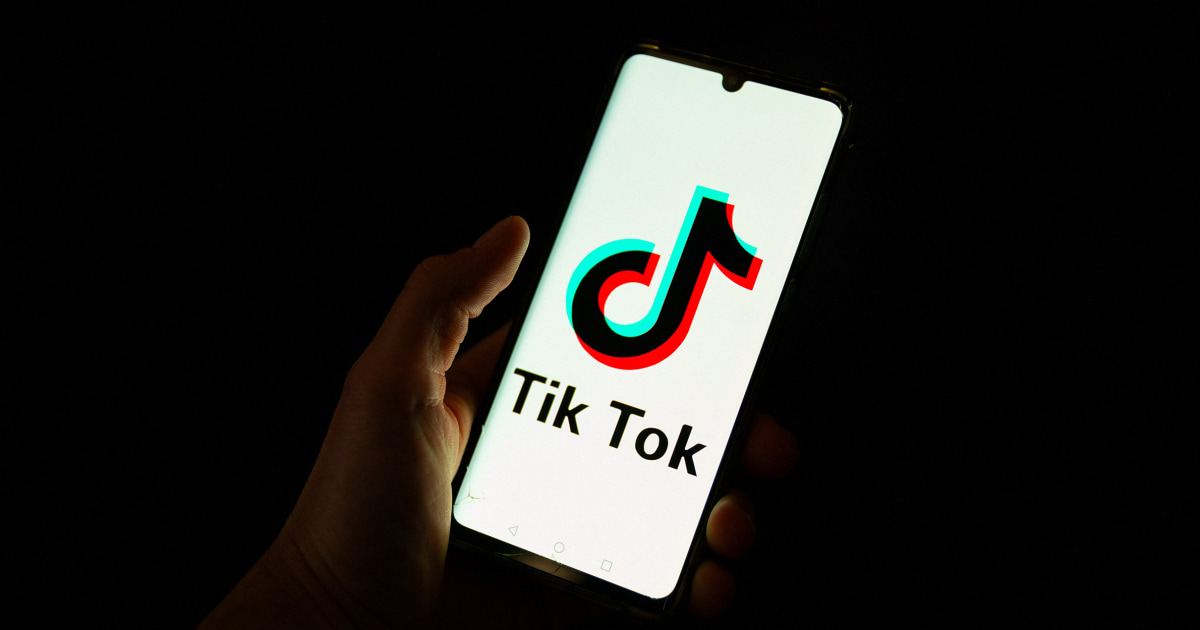As the U.S. government continues to scrutinize TikTok, many users are turning to VPNs (Virtual Private Networks) for access. But do these networks truly offer a reliable workaround, or are users merely grasping at straws? This article delves into the complexities surrounding the potential TikTok ban, the role of VPNs, and what users should consider before seeking a digital bypass.
The Context of the TikTok Ban
The conversation surrounding a TikTok ban in the United States has gained momentum over the past few years. The app, owned by the Chinese company ByteDance, has been at the center of national security concerns. Lawmakers argue that TikTok could expose American users’ data to the Chinese government, leading to potential misuse and surveillance.
In response, the Biden administration has revived discussions about banning the app, citing similar concerns that led to previous efforts under the Trump administration. The potential ban is not merely a fleeting threat; it stems from a broader scrutiny of technology companies and their data handling practices. As debates continue, many TikTok users are left wondering how they can maintain access to the platform if it becomes unavailable in the U.S.
Understanding VPNs: What Are They?
Virtual Private Networks, or VPNs, are tools that help users secure their internet connections. By encrypting data and masking the user’s IP address, VPNs allow individuals to browse the web more privately and securely. Many users turn to VPNs to access geo-restricted content, such as streaming services or websites that might be blocked in their region.
In the context of the potential TikTok ban, VPNs are viewed as a possible workaround. Users can connect to a server located outside the U.S., thus bypassing any restrictions imposed by the government. But does this really work? Let’s explore the advantages and challenges of using VPNs for accessing TikTok.
Are VPNs a Reliable Solution for Accessing TikTok?
While VPNs can provide a means to bypass certain restrictions, their effectiveness can vary based on several factors:
- Quality of the VPN: Not all VPNs are created equal. Some may offer stronger encryption and better connections than others. Reputable VPN services often have a track record of successfully bypassing geo-restrictions.
- Server Locations: The number of servers available and their geographical distribution play a crucial role. A VPN with many servers across various countries can provide more options for users trying to access TikTok.
- Connection Speeds: Streaming video content, such as TikTok’s short clips, requires a stable and fast internet connection. Some VPNs can slow down internet speeds, leading to buffering issues.
- Legal and Ethical Considerations: While using a VPN is legal in many countries, the ethical implications of circumventing a government-imposed ban can be a matter of personal judgment.
The Limitations of VPNs
Despite the potential benefits, there are notable limitations to using VPNs in the context of accessing TikTok:
- Detection and Blocking: As governments become more tech-savvy, they are increasingly capable of detecting and blocking VPN traffic. TikTok could implement measures to identify and restrict access from known VPN IP addresses.
- Legal Risks: Depending on the nature of the ban, using a VPN could expose users to legal repercussions. It’s essential to understand the laws in one’s country regarding VPN usage and circumvention of bans.
- Data Privacy Concerns: While VPNs can enhance privacy, not all services are trustworthy. Some free VPNs may log user data or sell it to third parties, undermining the very purpose of using a VPN.
Alternatives to VPNs
If relying solely on VPNs presents challenges, users may explore alternative methods to access TikTok or similar platforms:
- Proxy Servers: Like VPNs, proxy servers can help mask your IP address, but they don’t provide the same level of security and encryption, making them less reliable for protecting personal data.
- Alternative Platforms: Users may consider switching to other social media platforms that offer similar content. Platforms like Instagram Reels or YouTube Shorts provide alternatives for short video content without the risk of a ban.
- Content Downloading: If users anticipate a ban, they might download content for offline viewing. This isn’t a long-term solution, but it allows access to favorite videos even if the platform becomes unavailable.
The User Experience: Voices from the Community
The TikTok user community is robust, with millions of creators and viewers who have invested time and energy into the platform. Many express concerns about a potential ban and the effectiveness of VPNs:
Jessica, a 24-year-old content creator, shares her experience: “I’ve been using a VPN for a while now, and it works most of the time. But sometimes, it’s just slow and frustrating. I worry that if TikTok gets banned, I’ll lose all my followers and the community I’ve built.”
On the other hand, Mark, a tech-savvy user, insists, “VPNs are a temporary fix. I think we need to focus on advocating for our rights to choose the platforms we use rather than just finding ways to bypass a ban.”
Conclusion: The Future of TikTok and VPNs
As the debate over TikTok’s future in the U.S. continues, the role of VPNs as a solution remains a mixed bag. While they offer a potential workaround for accessing the platform, users must navigate the complexities of legal, ethical, and technical challenges. Ultimately, the most effective approach may lie in a combination of using VPNs, exploring alternative platforms, and actively participating in discussions about digital rights and privacy.
As we navigate this digital landscape, it’s crucial for users to stay informed, weigh their options carefully, and understand both the risks and benefits associated with using VPNs. In a world where our online presence is increasingly under scrutiny, being proactive about our digital choices is more important than ever.
See more Future Tech Daily

